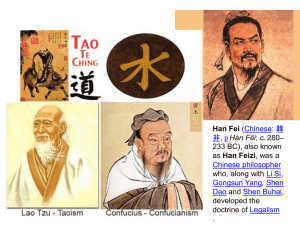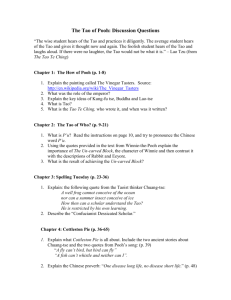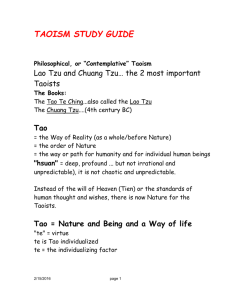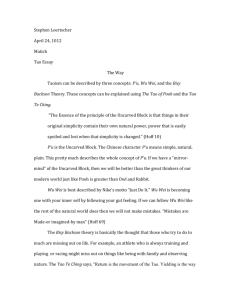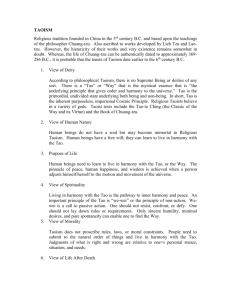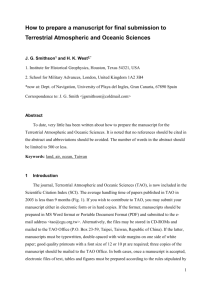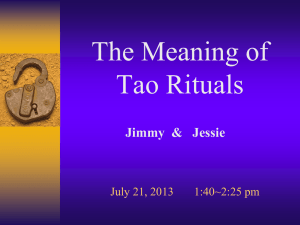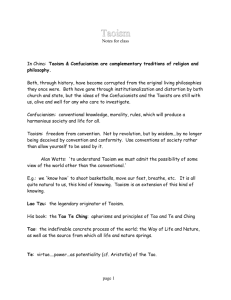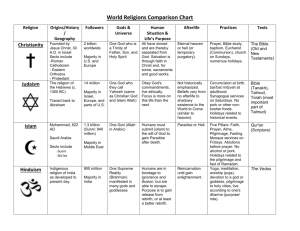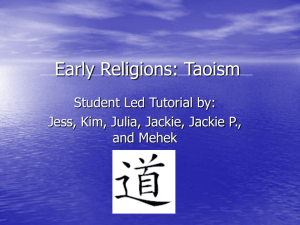Tourism and Nuclear Waste on Orchid Island – Impacts
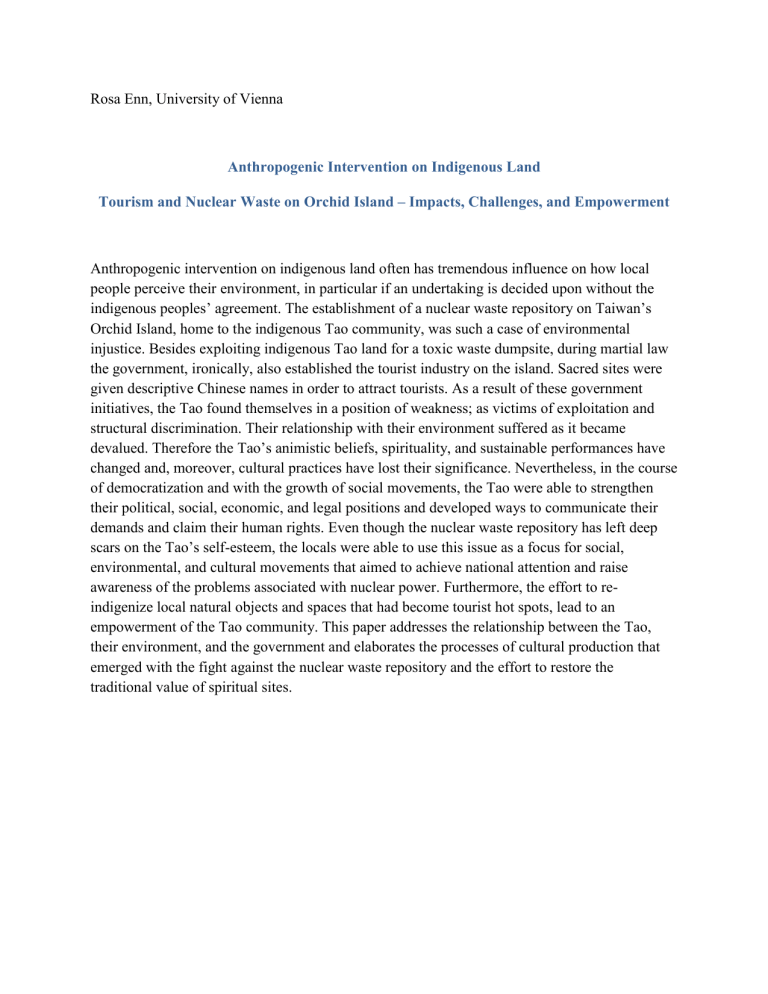
Rosa Enn, University of Vienna
Anthropogenic Intervention on Indigenous Land
Tourism and Nuclear Waste on Orchid Island – Impacts, Challenges, and Empowerment
Anthropogenic intervention on indigenous land often has tremendous influence on how local people perceive their environment, in particular if an undertaking is decided upon without the indigenous peoples’ agreement. The establishment of a nuclear waste repository on Taiwan’s
Orchid Island, home to the indigenous Tao community, was such a case of environmental injustice. Besides exploiting indigenous Tao land for a toxic waste dumpsite, during martial law the government, ironically, also established the tourist industry on the island. Sacred sites were given descriptive Chinese names in order to attract tourists. As a result of these government initiatives, the Tao found themselves in a position of weakness; as victims of exploitation and structural discrimination. Their relationship with their environment suffered as it became devalued. Therefore the Tao’s animistic beliefs, spirituality, and sustainable performances have changed and, moreover, cultural practices have lost their significance. Nevertheless, in the course of democratization and with the growth of social movements, the Tao were able to strengthen their political, social, economic, and legal positions and developed ways to communicate their demands and claim their human rights. Even though the nuclear waste repository has left deep scars on the Tao’s self-esteem, the locals were able to use this issue as a focus for social, environmental, and cultural movements that aimed to achieve national attention and raise awareness of the problems associated with nuclear power. Furthermore, the effort to reindigenize local natural objects and spaces that had become tourist hot spots, lead to an empowerment of the Tao community. This paper addresses the relationship between the Tao, their environment, and the government and elaborates the processes of cultural production that emerged with the fight against the nuclear waste repository and the effort to restore the traditional value of spiritual sites.
